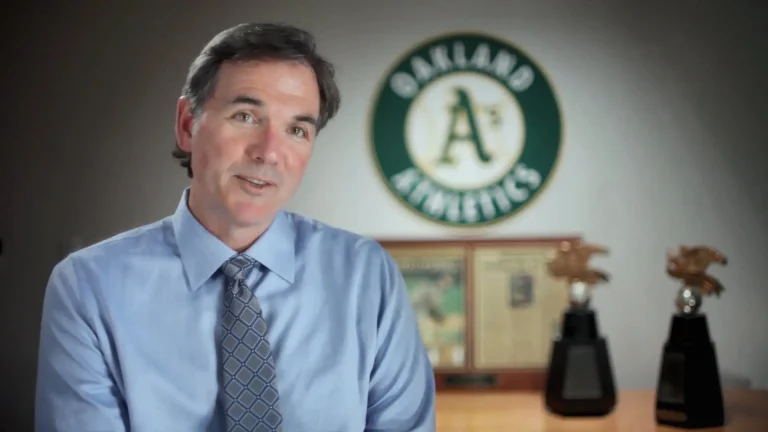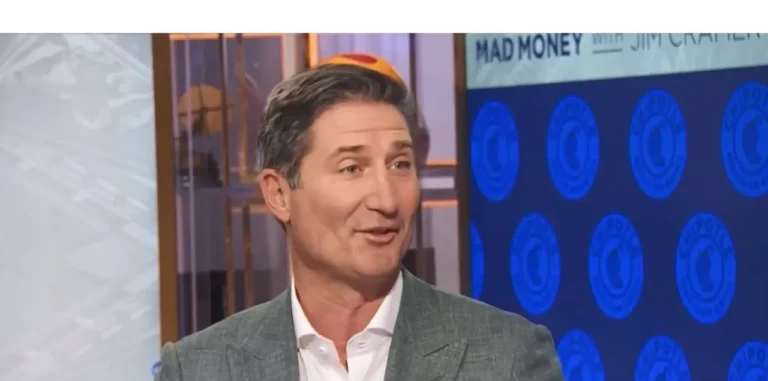How to Lift the Public’s Record Low Opinion of Executives’ Ethics
4 Tips for Communicators to Build Up the Reputations of the Bosses
American opinion of the ethics of business executives is at its lowest level since the Great Recession, a challenge to communicators’ efforts to burnish corporate reputations.
Just 12% of people have a high or very high view of business execs’ ethics, according to a Gallup survey released last month. That’s the lowest since the polling company began asking the question 47 years ago. The only other time the rating was that low was in 2008-09. How did public opinion fall so low?
This isn’t a problem created by communication, but communicators need to fix it. And we have four tips on how to start.
Part of the problem is there’s a lot more talk than action.
“Executives know the importance of their companies’ reputations,” according to a 2007 article in the Harvard Business Review co-authored by Robert Eccles, a visiting professor at the Saïd Business School at the University of Oxford. “Most companies, however, do an inadequate job of managing their reputations in general and the risks to their reputations in particular.”
In particular, CEOs often overlook how ethical conduct can be a crucial influence on how people view their companies. In the era of Environmental, Social and Governance, customers, employees and investors increasingly pay attention to the broad consequences of corporate actions. Vikram Gandhi, a professor at the Harvard Business School, calls those consequences “externalities.”
According to Gandhi, business ethics come down to two questions: “How do you actually increase the positive element of externalities? And how do you decrease the negative?”
The Gallup survey reveals that people see more negatives than positives.
Insurance salesmen?
Lawyers and journalists score somewhat better than business executives, with 16% and 19% rating those professionals’ ethics as high or very high, compared with execs’ 12%. In their low regard, business executives are tied with insurance salespeople and stockbrokers, according to the latest survey, conducted in December.
Chief executives have given folks plenty of reason to doubt their honesty, from Ken Lay and Jeff Skilling of Enron in 2001 and Samuel Bankman-Fried’s conviction last year, to low-profile examples such as the head of the Columbus Zoo and Aquarium, indicted in September in a $2 million fraud scheme.
Of course, the ethics ratings have dropped for all the 22 professions included in Gallup’s most recent poll except one. Labor union leaders have “very high” or “high” ethics, 25% of people say, a relatively low number but up one percentage point since 2019.
One reason for the negative view of business executives is that many formulations on the elements of corporate reputation do not stress ethics and some don’t mention them at all. Instead, most of the attention goes to the quality of products and services.
For example, ethics is just one of seven broad dimensions used by The Harris Poll in its annual Corporate Reputation Rankings. While ethics undergird some of the other Harris’ dimensions, the topic requires emphasis if we want to raise public opinion.
Building executives’ reputation for ethical conduct is a task for both internal communications and public relations. What can communicators do? Here’s four tips:
1. Help prevent bad things. Many big mistakes are made because senior executives don’t understand how the company’s actions are affecting others.
Communicators hold a special position. When it’s needed, communicators must act as the conscience of the company.
2. Easy does it. Building a reputation for ethical conduct requires a light touch. Show, don’t tell.
Anton Chekhov didn’t say, “Don’t tell me the moon is shining; show me the glint of light on broken glass.” But he said something like it.
Audiences will be turned off by logos that trumpet “Acme’s Corporate Values” and news releases that proclaim, “These actions are another demonstration of how Acme fulfills its mission.”
3. Personalize the company. Another reason for the low regard of CEOs is that they too often prefer to stand outside the spotlight. Yet perhaps nearly half of a company’s reputation is due to the reputation of its chief executive, according to a 2015 study.
Especially in a fiasco, a CEO should set an ethical stance, as we think Boeing CEO David Calhoun tried to do.
People want to hear from others at the company, not just the CEO. A story about an employee helping a customer can say a lot about a company’s ethical culture.
4. Swing for singles. Like a batter in a baseball game, don’t expect to hit home runs. Building a reputation for ethics requires a stream of small stories, making the topic a good fit for social media. It would be word of mouth, if only Instagram and Facebook had mouths.
Customer service is a prime opportunity to demonstrate treating people fairly.
A big-picture story, such as a change in corporate policy, may cross your desk. Go for it! But more likely you will build momentum, piece by piece.
As cosmetics entrepreneur Elizabeth Arden said, “Repetition makes reputation, and reputation makes customers.”
Tom Corfman enjoys an “excellent reputation” as a lawyer, journalist and senior consultant at RCG.
Contact our client team to learn more about how we can help you with your communications. Follow RCG on LinkedIn and subscribe to our weekly newsletter here.







